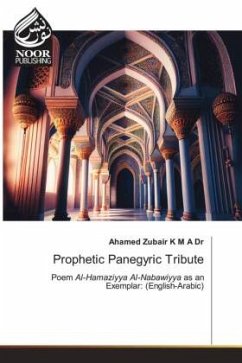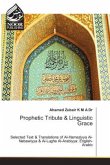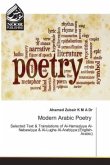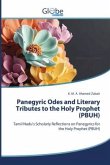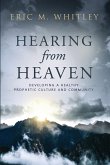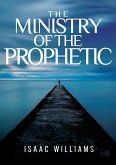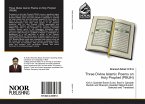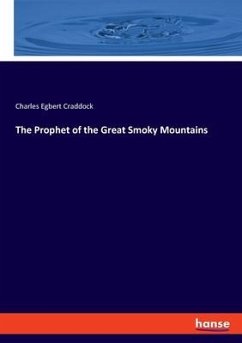Panegyrics on the Holy Prophet (PBUH) play a significant role in Arabic literature and the reverence for Prophet Muhammad (PBUH). These compositions, deeply rooted in Islamic culture, embody the love, loyalty, and devotion expected from every Muslim towards the Prophet. During the Prophet's lifetime, panegyrics and odes praising him were recited in his presence and received his appreciation. With the emergence of Islam, the influence of Jahiliyyah poetry waned, giving way to a decline in tribalism and the establishment of values focused around truth, justice, and cooperation. While the Holy Quran denounces specific poets engaged in wrongful acts, it does not condemn poetry or all poets in general. Several companions of the Prophet composed poems in his praise, incorporating biographical material that became part of the eulogy. Praise poems dedicated to the Prophet Muhammad were composed even during his lifetime, with formalized structures emerging in the thirteenth century. Thesepoems highlighted the miracles that distinguished the Prophet's life and exemplified God's favor towards him.The spiritual attraction towards the Prophet inspired countless literary works.
Bitte wählen Sie Ihr Anliegen aus.
Rechnungen
Retourenschein anfordern
Bestellstatus
Storno

